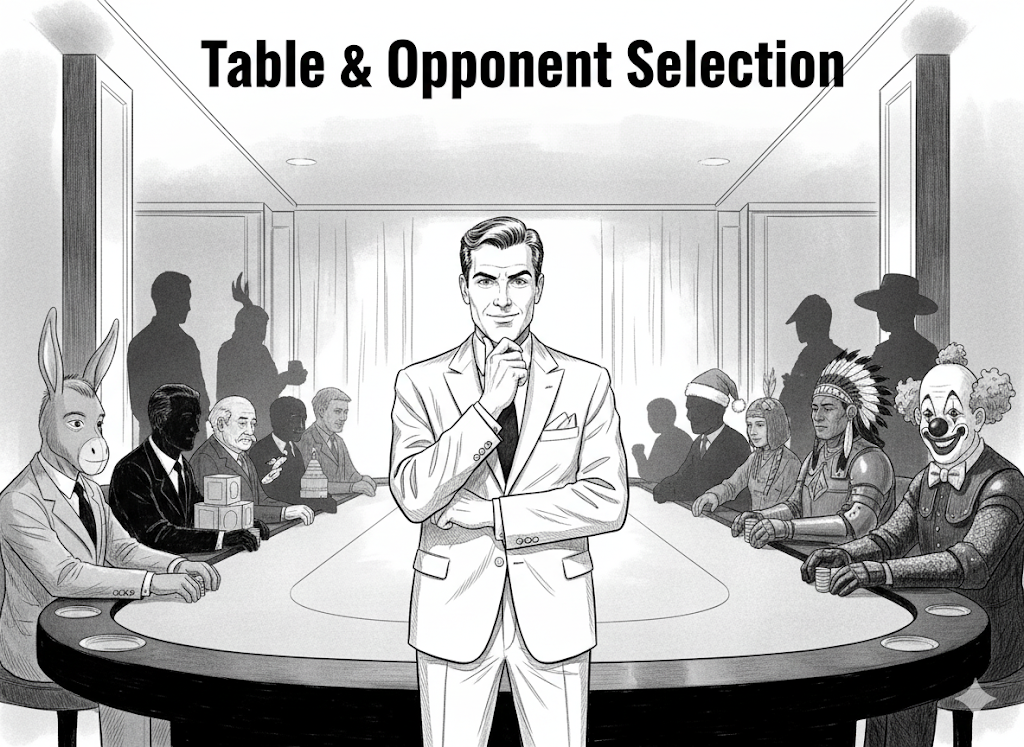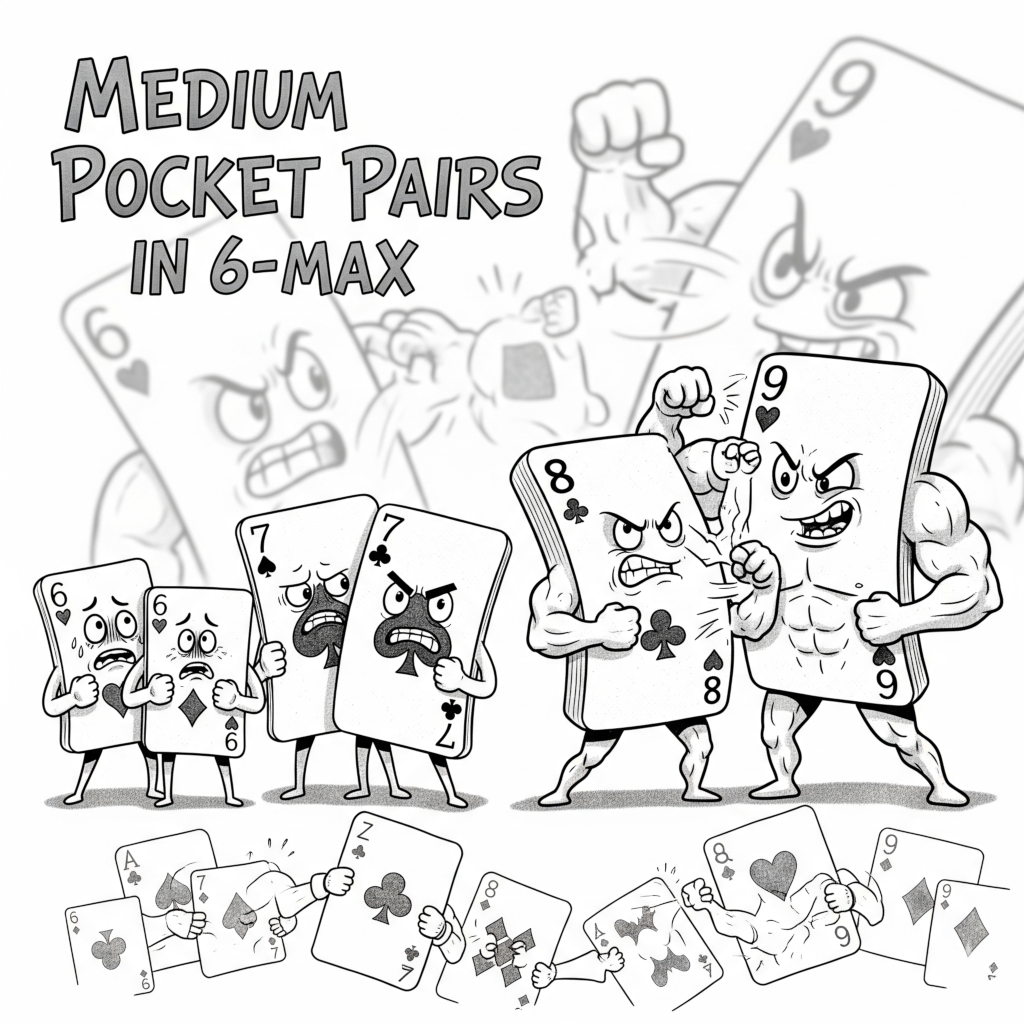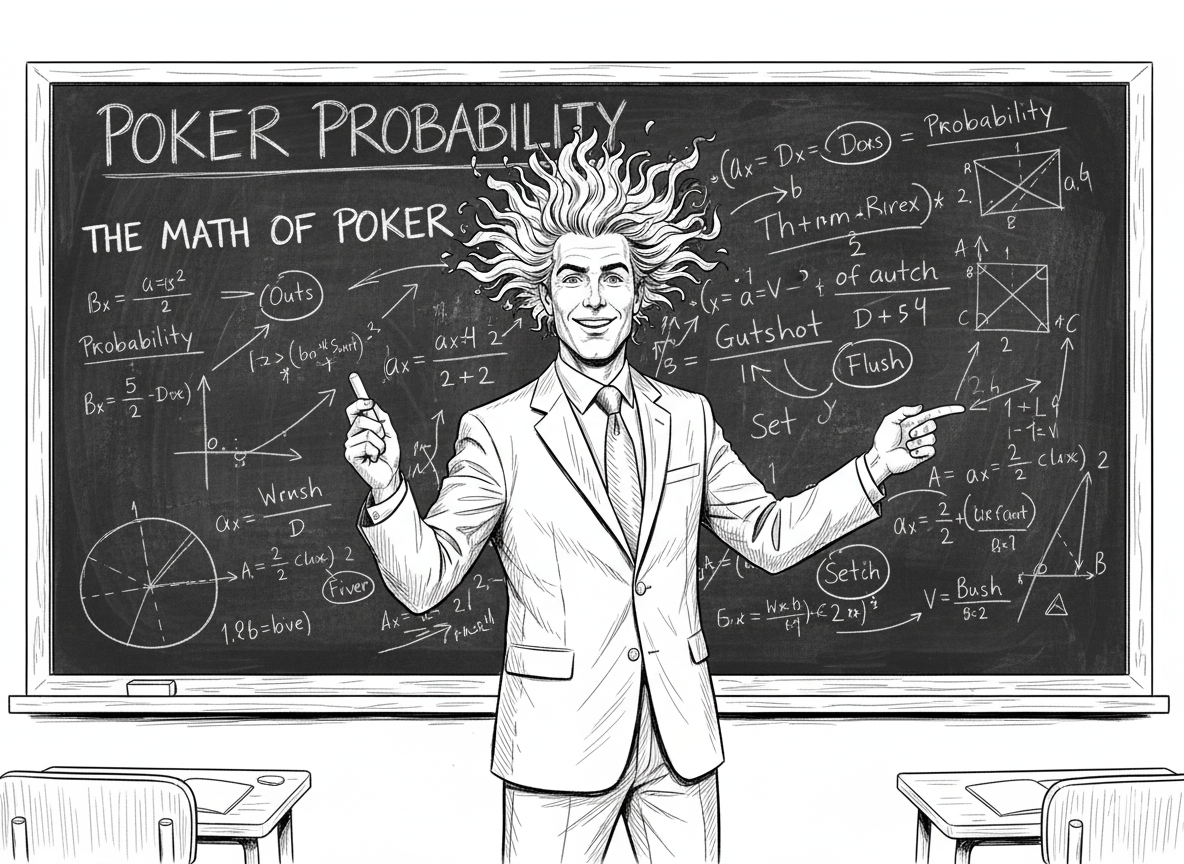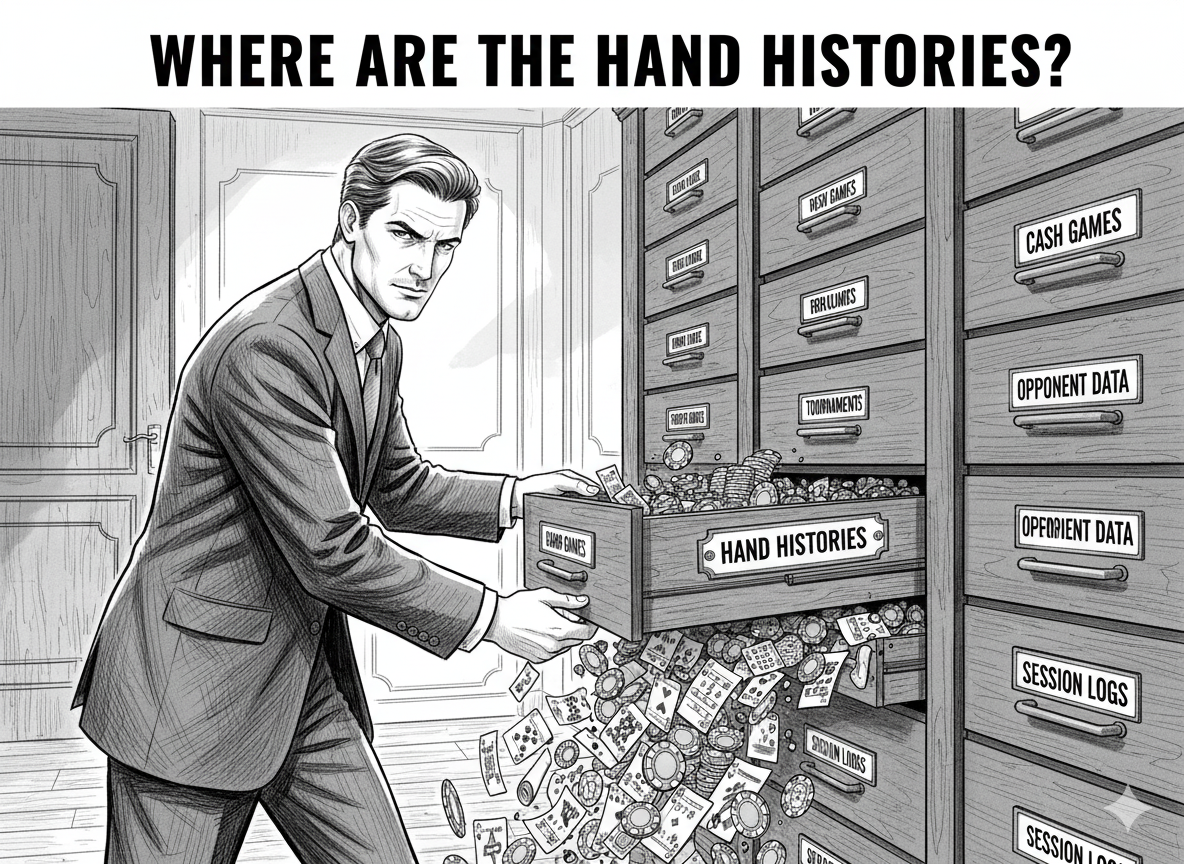Improving Winrate: Table and Opponent Selection

Edges Beyond the Cards
Many players believe poker is purely about the cards, about hitting flops and dodging bad beats. Serious players know better. Long-term success comes not from luck, but from systematically stacking small edges. Among the most overlooked of these edges are data-driven insights and the ability to choose the right environments to play in.
Through the use of poker mining and datamined hand histories and the practice of intelligent table and opponent selection, online poker players can significantly improve their winrates without necessarily becoming better card technicians. In fact, these edges exist before a single hand is dealt—they are structural advantages you carry with you into the game. You can gain this advantage when you buy hand histories at the poker mining service hhDealer.
The Power of Datamined Hand Histories
Datamined hand histories—large pools of hands collected from the tables you play on—allow you to build a database of tendencies not just for individual opponents, but for entire player pools. This type of data gives you clarity in situations that otherwise feel like guesswork.
Imagine facing a river bet in a spot where the “theoretical” answer is unclear. With a large enough sample of datamined hands, you may know that the average player in your pool over-bluffs missed draws in this spot, or conversely that they under-bluff rivers entirely. That knowledge turns a marginal decision into a profitable one.
More importantly, datamined hands let you anticipate what your unseen opponents are likely to do. You don’t need a direct history with a specific player to know that, say, regulars at $25NL tend to 3-bet much wider in the small blind than they do from the big blind. Pool tendencies like these translate into strategic edges long before individual reads are established.
Table Selection: Choosing Your Battleground
In online poker, where you play often matters more than how well you play. Even the strongest technical player will struggle if every table they sit at is filled with solid, data-driven regulars. Conversely, an average player can achieve great results simply by choosing softer tables with weaker opponents.
Table selection isn’t just about finding “fishy” lineups—it’s about recognizing where your specific skills can generate the largest advantage. Datamined histories reveal which tables and stakes are populated by over-aggressive players ripe for trap lines, or by passive players who pay off big bets. By pairing your own strengths with the weaknesses of others, you maximize expected value per hand.
Smart players constantly evaluate the landscape:
- Is this table filled with players I already know to be tough regulars?
- Are there recreational players sitting with deep stacks and loose tendencies?
- Is my seat in position against weaker players, or am I giving up positional advantage to the best players at the table?
In this way, table selection becomes a direct contributor to winrate, not a secondary concern.
Opponent Selection: Hunting for Edges Within the Table
Once you’ve chosen the table, the next layer is opponent selection. This doesn’t mean refusing to play pots against regulars altogether—it means prioritizing your focus and energy where it pays most.
Datamined hand histories give you insights into specific opponents:
- Which regulars have statistical leaks (over-folding to 3-bets, calling down too wide, or playing unbalanced lines)?
- Which players collapse under aggression?
- Who pays off river bets at abnormally high frequencies?
By identifying these edges, you can allocate your aggression wisely. Instead of spreading thin effort across the entire table, you channel your focus into exploiting the players most likely to give you chips.
Even subtle adjustments—like widening your isolation range against a recreational limper, or tightening up against a 3-bet-happy regular—compound over thousands of hands into a significant winrate improvement.
The Synergy: Data + Selection = Winrate Growth
Datamined hand histories, table selection, and opponent selection do not operate in isolation. They form a feedback loop of structural advantage:
- Datamined hands give you knowledge of how player pools behave.
- That knowledge informs which tables to sit at and which to avoid.
- Within those tables, the data shows you who to target and how to exploit them.
- Over time, your results validate or refine your selections, further sharpening the cycle.
The end result is a poker career where every decision, from game selection to river calls, is rooted in information rather than guesswork.
Conclusion: Winning Before the Cards Are Dealt
In poker, your technical ability matters. But even the sharpest solver-trained strategy is wasted in the wrong environment. By combining datamined hand histories with deliberate table and opponent selection, you shift the balance of the game heavily in your favor before the first card is even dealt.
This is the quiet edge of professionals: they don’t just outplay people in hands—they outmaneuver them in where and against whom they choose to play. For any player serious about improving their winrate, mastering these off-table skills is just as important as learning how to play pocket aces.







